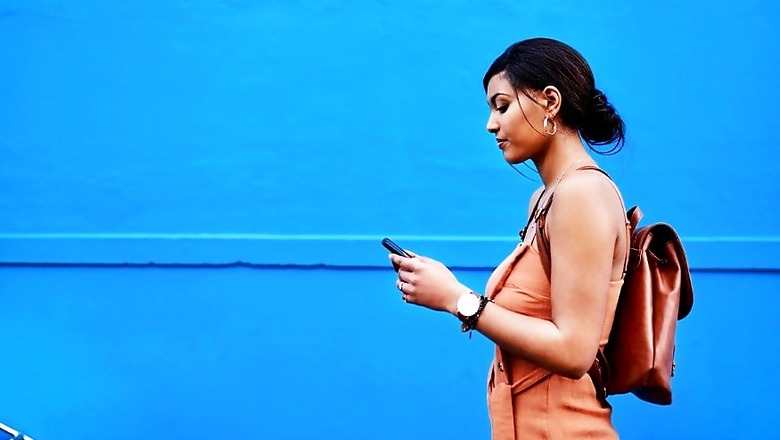
views
Facebook is rolling out the new version of the Facebook Messenger instant messaging app for the Apple iPhones. This is perhaps the biggest change the Messenger app has received in a while but weirdly enough, you may not really notice much difference compared to the Messenger app you may already be using on your iPhone. That is because it is all about significant changes under-the-hood, in line with the Project Lightspeed redesign that Facebook had first shown off at the F8 conference last year. The underlying code has been changed significantly, so much so that Facebook says they have rebuilt Messenger from the ground up. The update is now rolling out on iOS devices via the Apple App Store and you should be getting the new Messenger app anytime in the next few weeks, if not already.
What you will surely notice is much faster to use in general and loads much quicker, particularly on older devices. In fact, Facebook says this is twice as fast as the previous version of the app. Secondly, the Messenger app itself will also be much smaller in size than before, something that will surely be apparent on older iPhones. “We reduced Messenger’s core code by 84% — going from more than 1.7 million lines of code to 360,000 — and we rebuilt our features to fit a new, simplified infrastructure,” says Facebook. It goes without saying that lesser lines of code make an app faster, more responsive and less resource intensive. The Discover tab has been stripped out, and that is one of the most visible changes the app has received.
There has been constant expectation for a while now that Facebook will integrate the messaging experience across its three apps—Facebook Messenger, WhatsApp and Instagram which is pushing the Direct messaging extensively. But what does that mean? Will Facebook merge the functionality of all three in one app? Actually, no. At the F8 conference last year, head of consumer product for Messenger, Asha Sharma had said as much. The way Facebook envisions integration is allowing users of either app to send and receive messages from a friend or contact who may be on any of the other two apps. It doesn’t matter which, and either party won’t really know the specifics either, but they’ll be able to have a seamless conversation, nonetheless. You on WhatsApp will be able to send a message to a contact who may instead receive it and reply to using Messenger or Instagram.
It would be absolutely unjustified to ask Facebook to merge the WhatsApp and Messenger apps. WhatsApp has around 2 billion users globally while Facebook Messenger is second with more than 1.3 billion users. Why would Facebook want to give up that pie? Even Instagram has over a billion users, according to the January numbers by research firm Statista, and counting.
















Comments
0 comment